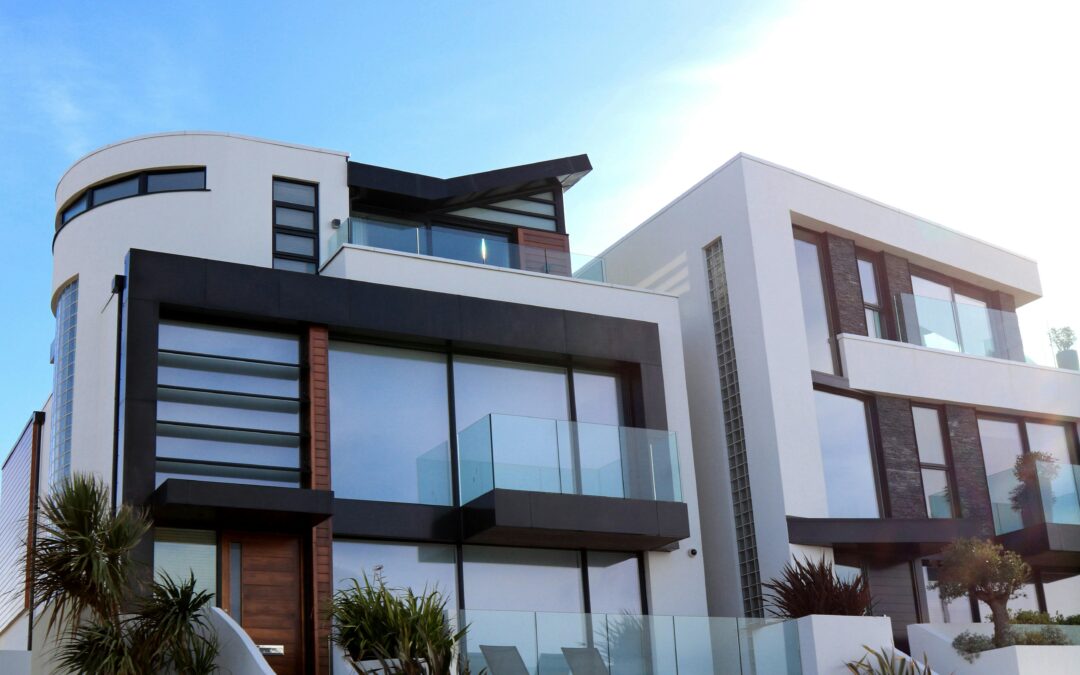Jerusalem is one of the world’s oldest cities, rich in religious, cultural, and historical significance. Its real estate market is as complex and diverse as its history, offering unique opportunities for investors, homeowners, and businesses alike. For those looking to buy, rent, or invest in property, understanding the local dynamics of Jerusalem’s real estate is crucial. This city is not just a place to live; it’s a place where the past and future converge in the most fascinating ways.
The Uniqueness of Jerusalem’s Real Estate Market
The real estate in Jerusalem market stands apart from other cities in Israel, largely due to its complexity. The city is divided into different districts, each with its own character and challenges. There are areas like the bustling city center, with its mix of commercial spaces, modern apartments, and cultural landmarks. Then there are quieter neighborhoods like the Old City and surrounding areas, where history and religion intersect in ways that no other place can replicate.
Another defining feature is the scarcity of land. Jerusalem is surrounded by natural barriers, making expansion difficult. This limited land supply drives the demand for real estate, contributing to the city’s often high property prices, especially in desirable locations like near the Western Wall, or in the trendy neighborhoods of Rehavia and German Colony.
High Demand, High Prices
One of the most noticeable trends in Jerusalem’s real estate market is the high demand, particularly for residential properties. The city is home to not only Israelis but also a large number of expatriates, diplomats, religious pilgrims, and tourists. These groups, alongside local demand, create a competitive environment, especially in prime areas.
For local residents, housing in Jerusalem can be a financial challenge. Property prices have steadily risen in recent years, driven by a combination of factors: the scarcity of available land, the city’s status as Israel’s capital, and the need for housing for a growing population. These high prices are often cited as a barrier for many young families and first-time homebuyers looking to settle in the city.
However, it’s important to note that the price range can vary significantly depending on the area. For instance, properties near key landmarks such as the Old City or the Knesset are much more expensive than those in the outer neighborhoods, though these areas may not have the same level of charm or historical appeal.
Investment Opportunities
For investors, Jerusalem presents unique opportunities. Despite the high cost of entry, the potential for long-term growth remains strong. Properties in central locations are seen as stable investments, with consistent demand for rental properties and commercial spaces. Areas around key religious sites or government institutions can yield excellent returns, especially as tourism continues to play a significant role in the local economy.
Additionally, Jerusalem has a growing tech scene, and areas that were once less popular, such as Har Hotzvim (a high-tech hub), are becoming increasingly attractive to investors. Over the past few years, several projects aimed at upgrading infrastructure and promoting urban renewal have taken place, further boosting the city’s appeal.
Cultural and Religious Considerations
Unlike other major cities, Jerusalem’s real estate market is influenced by cultural and religious factors that must be considered by anyone looking to buy property. Jerusalem is a city of three major world religions—Judaism, Christianity, and Islam—and the significance of certain areas can affect demand. For example, properties near the Western Wall, the Church of the Holy Sepulchre, or Al-Aqsa Mosque tend to have cultural and emotional importance, which often translates into a premium price.
Moreover, different religious communities have specific preferences regarding where they live. The ultra-Orthodox Jewish community, for example, prefers neighborhoods that cater to their religious practices, such as Meah Shearim or Geula, while secular Israelis may favor more modern and cosmopolitan areas like Talbiya or the German Colony. These nuances influence the types of properties that are in demand in different parts of the city.
Challenges in Jerusalem’s Real Estate Market
Jerusalem’s real estate market is not without its challenges. One significant issue is the city’s complex zoning laws and the slow pace of development. The combination of historical preservation, political considerations, and urban planning regulations makes the approval process for new buildings and developments time-consuming and difficult. This results in limited new construction in some areas, which only adds to the pressure on the existing housing stock.
Moreover, there’s the matter of political and security concerns. Jerusalem’s status as the capital of Israel is a point of tension for many. For investors and potential homeowners, it’s crucial to stay informed about the political landscape, as it can impact the stability of the real estate market. Security concerns also play a role in shaping demand and influencing the prices of properties in specific neighborhoods.
The Future of Jerusalem’s Real Estate Market
Looking ahead, the future of Jerusalem’s real estate market appears both promising and uncertain. The city is undergoing several initiatives aimed at enhancing its infrastructure, with new transportation networks, public spaces, and green areas being developed to improve quality of life for residents. These developments will likely attract further investment, particularly in areas that were previously overlooked.
At the same time, political and social challenges may continue to affect market trends, making it essential for potential buyers or investors to carefully consider both the opportunities and risks. Jerusalem’s market is likely to remain one of the most fascinating and unpredictable in the region, but for those willing to navigate its intricacies, it offers a wealth of potential.
Conclusion
Jerusalem’s real estate market is a reflection of the city itself: rich in history, diverse in character, and full of contradictions. Whether you’re a local looking to settle in this extraordinary city, an investor seeking to capitalize on its growth, or someone hoping to experience the unique cultural atmosphere, Jerusalem offers opportunities that are as unique as the city itself. However, understanding its complexities—cultural, historical, and political—is key to making informed decisions in this vibrant and ever-evolving market.

Recent Comments